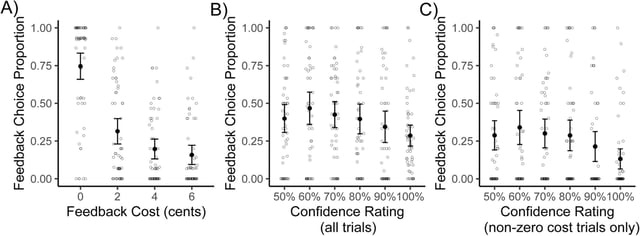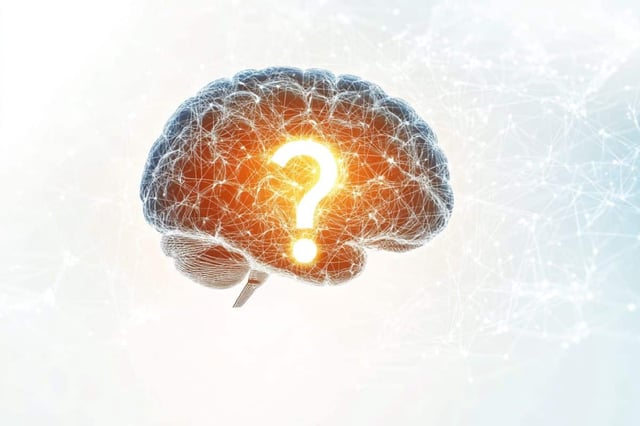Overview
- A study involving 59 participants showed that low confidence in task accuracy increases the likelihood of seeking feedback during learning activities.
- Participants in the study performed a memory task and could choose to pay for feedback, which improved their test performance tied to monetary rewards.
- Negative feedback, despite being uncomfortable, was particularly effective in enhancing learning and improving test results.
- Emotional factors, such as stress or physiological arousal, were not significant predictors of feedback-seeking behavior, according to the findings.
- The research highlights practical applications for feedback strategies in education, workplaces, and rehabilitation, emphasizing the value of embracing critical feedback.

